Nurses experience life and death every day. Both become normal to us, but this doesn’t mean our hearts hurt any less at the passing of human life, or that we’re any less joyful over a patient’s healing. We get emotionally exhausted. We tire of death and suffering. Sometimes, we wish it would just end sooner rather than later. At times, we may wish we could end it ourselves.
Euthanization is intentionally ending a life by professionally administering lethal medication. Animals, for example, are “put to sleep” at a veterinarian’s office to end needless suffering. Such treatment of animals, while sad, is considered humane. But what of human life? Society commends peacefully ending the suffering of animals, but condemns this same treatment to mankind? Those with a religious background often call this murder. According to every religious and legal tenet, murder is the intentional ending of life. In fact, in the United States, special statutory definitions include murder committed with malice aforethought, characterized by deliberation or premeditation, or occurring during the commission of another serious crime.
I once cared for a patient suffering from end-stage cancer. He was under hospice care, and on a morphine drip to alleviate pain. He still suffered. His family suffered. For three weeks this patient fought for breath and struggled with unimaginable pain. Morphine could not deaden his pain. More than once, I questioned within the rightness of allowing this man to suffer so, but the immorality of bringing an inevitable end to his pain much sooner. Nurses are to demonstrate mercy. My heart hurt.
“…I questioned within the rightness of allowing this man to suffer so, but the immorality of bringing an inevitable end to his pain much sooner.”
But what of murder? If one adheres to commonly accepted law, intentionally ending a human life “with malice aforethought, characterized by deliberation or premeditation” is clearly murder. What if one argues that euthanization bears no “malice”, but instead demonstrates mercy? No person or group of people without legally-vested governmental authority is allowed to become judge, jury, and executor of sentence upon another. If you practice religion, only the creator God possesses the authority to judge and execute sentences that demand taking another human life. And He has also vested such authority to governments in specific cases. In religions that adhere to the Christian Bible, God allows suffering as punishment for the sins of mankind, and also uses human suffering to accomplish His divine purposes. Who are mere mortals to question Him?
As nurses, we took an oath to do no harm. But we’re also to be merciful, compassionate, and caring. So, is the Euthanization of a dying person committing unspeakable harm or demonstrating unspeakable mercy?
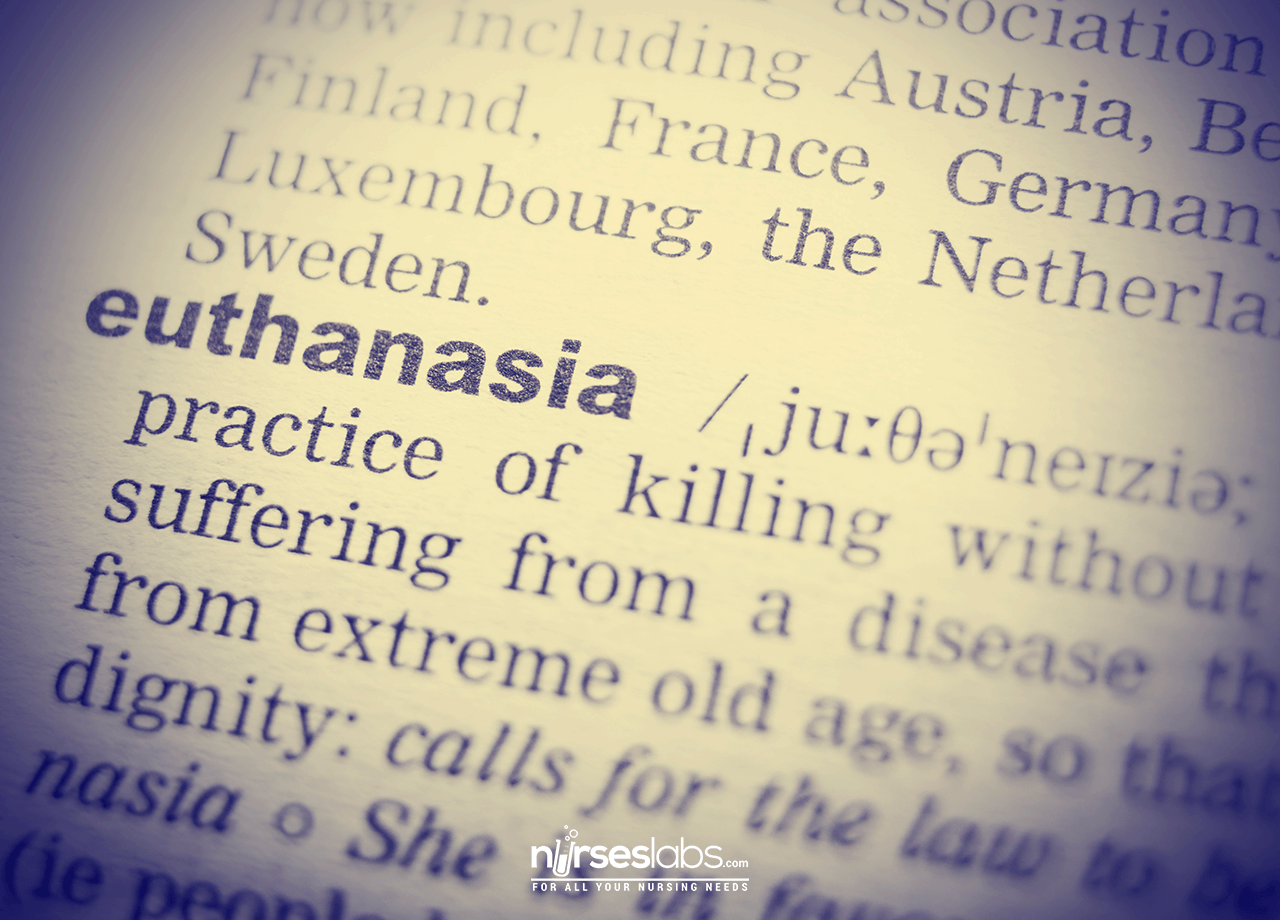



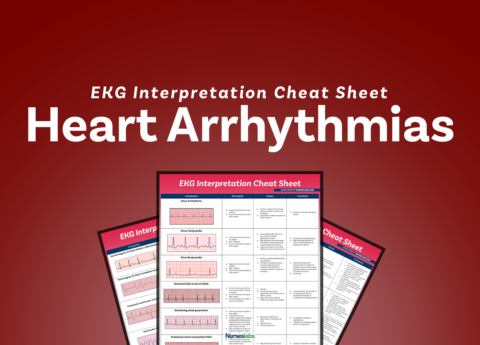
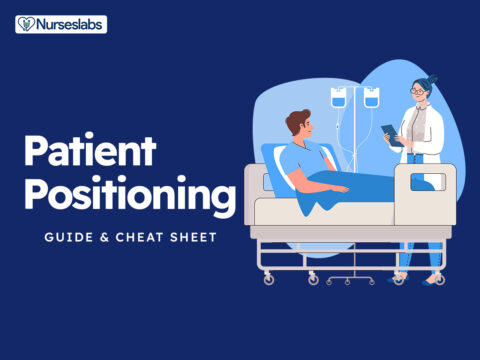


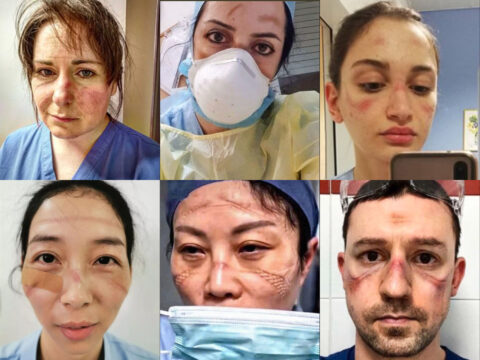
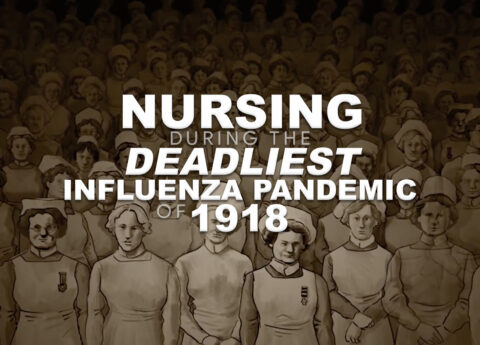



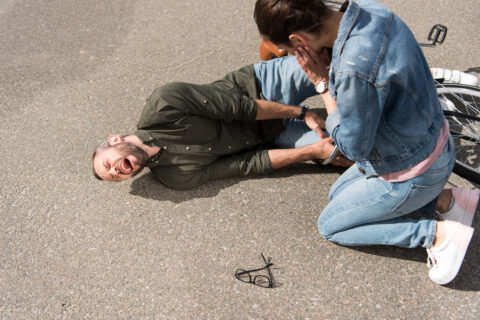



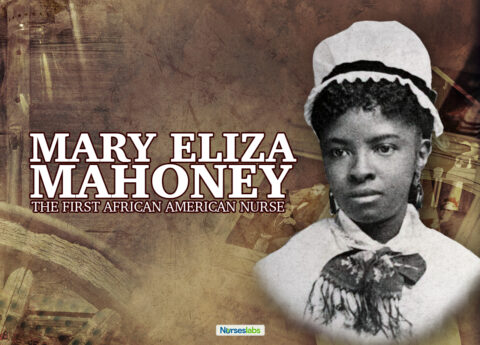







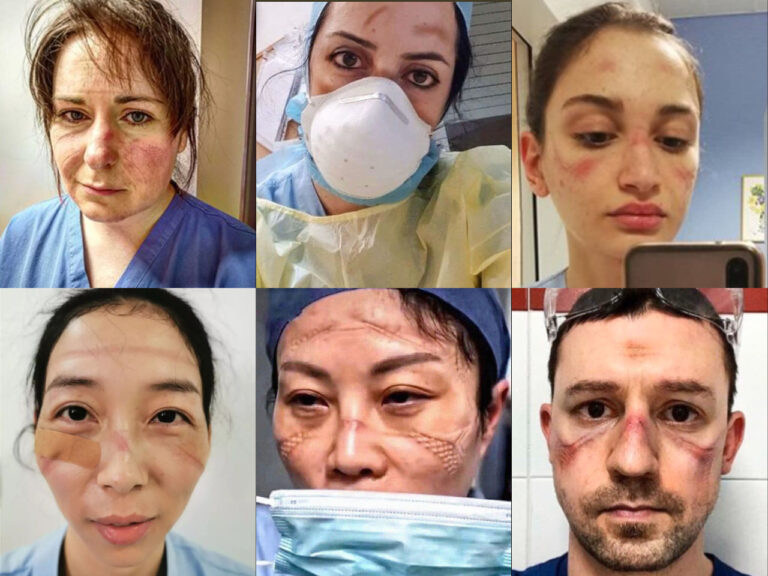



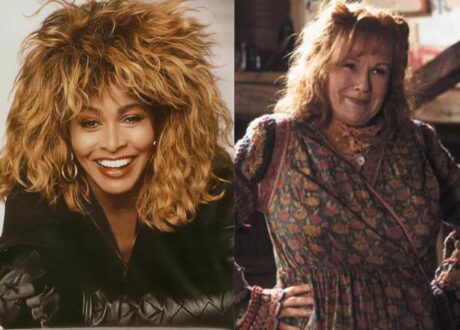

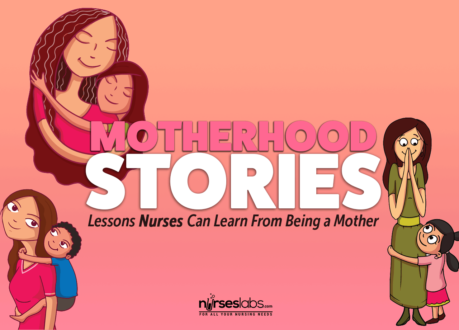




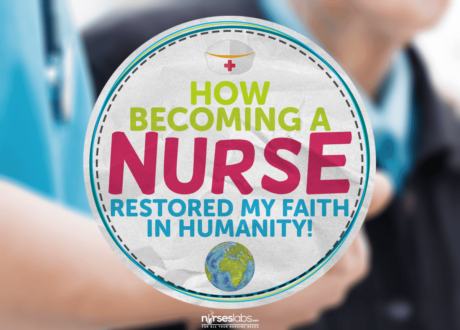
Leave a Comment